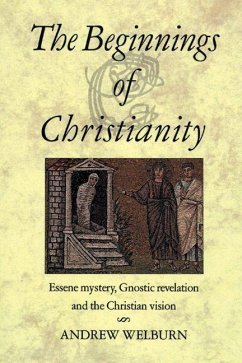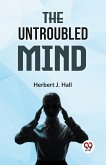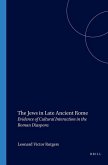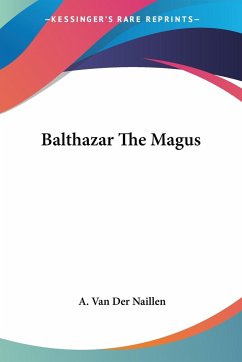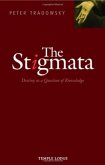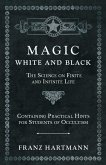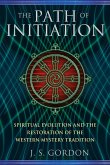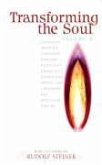Early Christianity had a powerful esoteric current. This is reflected in the New Testament writings of Mark, Paul, and, above all, John. Gnostic Christians tried to preserve this tradition, using the archaic mysteries as a way to knowing (gnosis) of higher cosmic truths. But the Gnostic sects were finally suppressed by an orthodoxy that, Andrew Welburn concludes, had lost sight of the "dynamic of the self." The full scope of the traditions on which the Gnostics drew is clearer following the modern archaeological finds at Qumran and Nag Hammadi. As a result of these discoveries, the boundaries have started to fade between the ancient pagan mysteries, Jewish tradition -- especially as expressed in the Essene sect -- and early Christian belief. Welburn discovers a real kinship between this present age and the early Christians, and shows how, in a way not possible for the Reformation Church, we now have the chance to rediscover the spiritual world and meaning of Christian beginnings.
Hinweis: Dieser Artikel kann nur an eine deutsche Lieferadresse ausgeliefert werden.
Hinweis: Dieser Artikel kann nur an eine deutsche Lieferadresse ausgeliefert werden.

